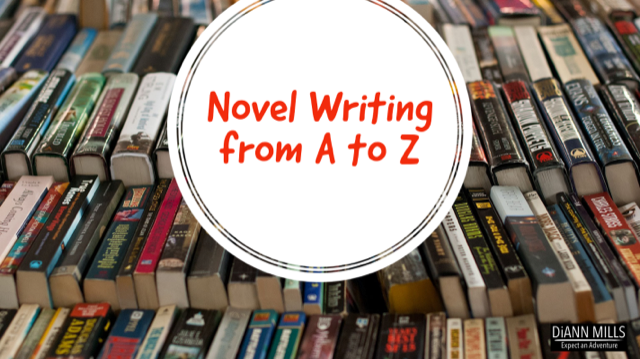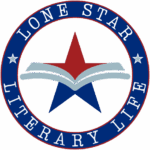Reminders about our craft burst our imaginations into creative mode. From A to Z, we find sources of inspiration to keep us writing. I’ve chosen the first word that entered my mind to keep my imagination in full gear.
A – Adventure
Penning our stories is an exciting journey for the writer and the reader.
B – Bestseller
We all want to have bestseller after our name, so now is the time to commit to learning as a lifelong pursuit.
C – Character
All great fiction includes superbly crafted personalities. Without these life-like people, our stories fall flat.
D – Dialogue
Readers are excited to read what our characters have to say and how they say it. This includes body language and gestures.
E – Edit
An award-winning story needs rounds of editing to ensure the writer’s best is presented to the world.
F – Foreshadow
How a writer hints of what’s to come is a talent, one that great stories incorporate for success.
G – Genre
A writer determines a particular literary category for two reasons: 1) To brand the writer’s style and 2) To meet the reader’s expectations of the story’s contents.
H – Habit
Writers develop their routines according to their personality and methods of approaching life.
I – Inspiration
We all need to feel the urge to create a stellar writing project.
J – Jump-start
Establish different ways to energize your writing day.
K – Keep
Writers must backup their projects regularly to avoid loss.
L – Love
If a writer doesn’t have passion for a story, neither will the reader.
M – Magical
We strive to make our stories enchanting and incredible, no matter the genre.

N – Narrative
The narrative of our stories is written to bridge time by giving valuable information in a concise and engaging manner by using sensory perception.
O – Organic
Many writers choose to write organically by allowing the essential parts of the story to rise out of character and thus eliminating an outline.
P – Plot
This is a novel’s storyline, the main events of a fiction work.
Q – Quirky
We writers hold this as a description of ourselves, and we’re proud of it.
R – Romance
Writers never forget most book buyers are women who enjoy a thread of love and affection.
S – Setting
Bestselling writers establish antagonistic settings. A scene’s environment may look charming and alluring, but it has a deceptive motive.
T – Theme
The one idea that relates to the character’s life and appears subtly throughout a story.
U – Unique
Each story contains a one-of-a-kind happening or concept that is distinct and remarkable.
V – Viewpoint
Writers choose two considerations for point of view: 1) First, second, or third person and a variation and 2) Who is the point of view character in a particular scene? What character has the most to lose?
W – Wrench
Writers toss an unexpected event or change into each scene to raise the stakes for the point of view character.
X – X-Factor
Writers long for the significant, noteworthy quality about their writing style. This drive keeps them involved in the whole writing process.
Y – You
A writer’s voice determines the “you” feature in a story. Only you can do the work involved. Only you can string words together in a special fashion that sends a reader on a magic carpet ride.
Z – Zany
Writers are known for their idiosyncratic manner of experiencing life. Humor is a part of our remarkable traits. Use it. Embrace it.
Fiction writing from A to Z. Other defining attributes of writing came to mind while writing this. What are some of yours?

